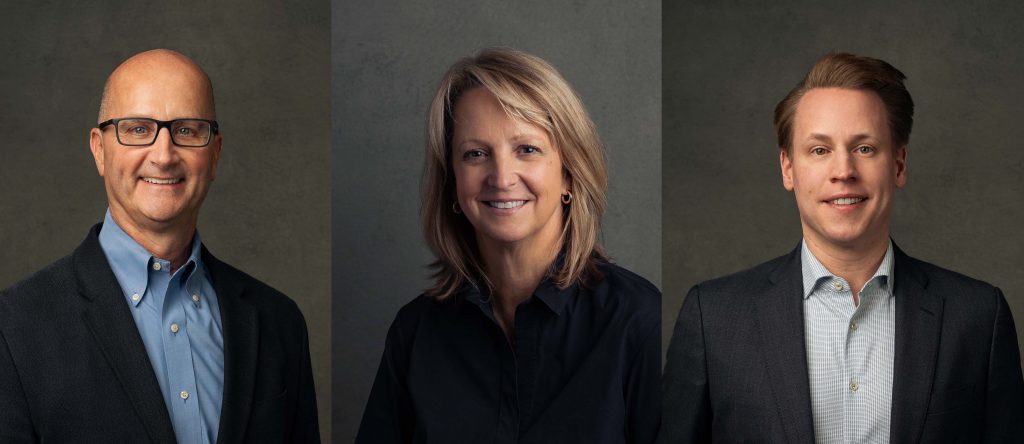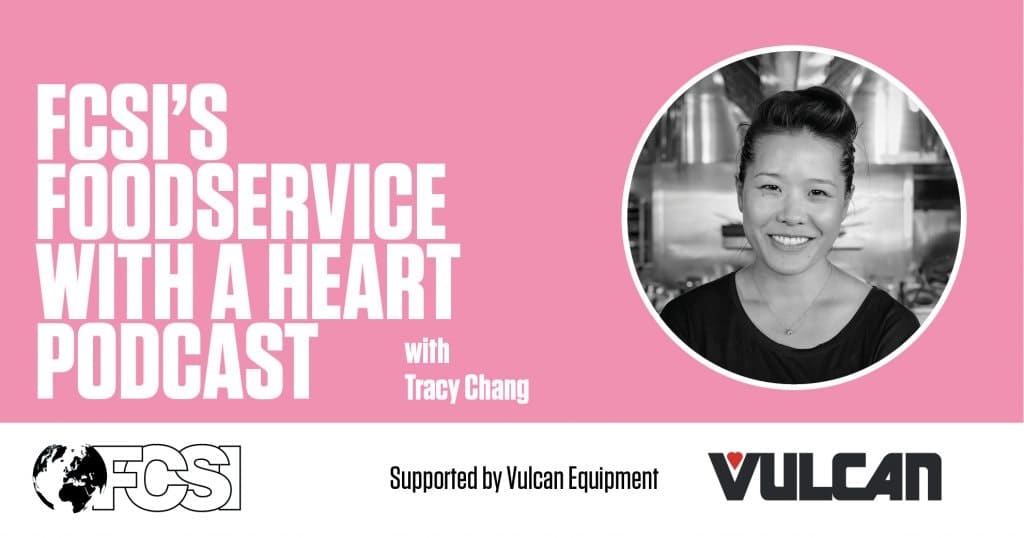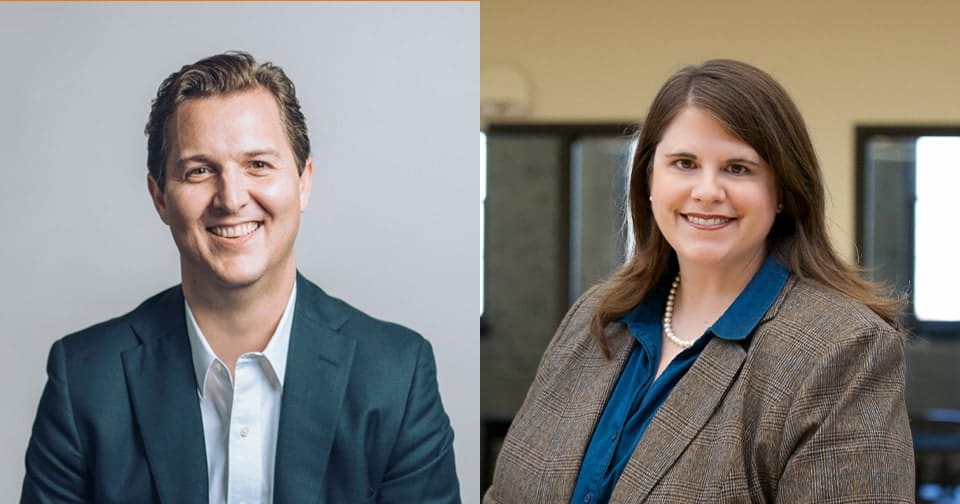
For Sacramento chef and restaurateur Patrick Mulvaney mental health problems in the kitchen have become personal. In 2018 alone, the Sacramento restaurant community lost 12 people to mental health issues including drug abuse and suicide. When his friend Noah Zonca, who had worked in his restaurant, died in May 2018, he decided to take action.
“Three years ago, if somebody [on staff] had called in and said: ‘I can’t do it today’, I would have responded with: ‘Get in here, I don’t care’,” he says. But his approach has changed in the last year. “I think I am changing. Eight months ago I would have told you mental health is always tough in a restaurant – long hours, drugs and alcohol, it is a hard business – but now we do something about it.”
Last year Mulvaney launched the peer-to-peer network I Got Your Back to address and combat mental health problems in his restaurants and will start rolling it out to other Sacramento restaurants later this year.
There have always been mental health challenges in foodservice and hospitality, partly because it is a profession that welcomes a broad swathe of the population. “We take all sorts into the fold and people come with all sorts of problems,” says Mulvaney. “We just didn’t know how to handle them, but in my restaurants today we have changed to a place where it is OK to not be OK.”
Opening that conversation makes everyone else more empathetic for starters. “It is a skill we all have because we are in hospitality so it taps into what we normally do, but it gives you permission to talk about it too,” he explains.
A challenging environment
Last year, UK foodservice trade magazine The Caterer ran a survey asking industry professionals about their experience of mental health in hospitality. Among over 700 respondents, 59% considered themselves to have a mental health problem; 56% said their employer was not aware of the problem. Almost three quarters (70%) said there was a stigma around mental health in the industry.
Research by Hospitality Action, also in the UK, found that just 17% of managers and 9% of employees had received mental health training. This is a global problem. According to a study by America’s Substance Abuse and Mental Health Services Administration (SAMHSA), 11.8% of foodservice workers reported heavy alcohol use, and while regular alcohol consumption had declined, drug abuse has gone up from 16.9% to 19.1%.
In 2016, American food writer Kat Kinsman started a group called Chefs with Issues after finding that many of the chefs she interviewed suffered with mental health problems.
Together with non-profit organisation Heirloom she carried out a survey of over 2,000 chefs and found the top three issues were depression, anxiety and substance abuse – 73% said they suffered from multiple mental health conditions. Many respondents blamed their job for the mental illness and 13% said they ended up losing their job because of the condition. Just 2% felt they could speak openly at work about their mental health problems
The tipping point came in June 2018 when chef, author and broadcaster Anthony Bourdain took his own life after suffering with depression. Andrew Clarke, chef consultant of London restaurant St Leonards says Bourdain’s suicide “made it real to so many people. People who didn’t realise how serious this was until one of their idols did it.”
The primary stress drivers in the kitchen are no surprise: the pressure to perform every day, long hours, an intense kitchen atmosphere and substance abuse. But for many in foodservice, the reality of working life also includes low wages, little job security and a reliance on tips to make ends meet. In the US, only a minority have access to health insurance that covers abuse recovery programmes or mental illness treatment.
One of the challenges in hospitality is the nature of the client-focused approach. “We spend our lives saying, ‘how are you? Is your coffee hot? Did you get a twist instead of an olive in your Martini?’ and our work is focused on making the client happy. We never turn it on ourselves,” says Mulvaney.
The term for this, emotional labour, was coined by sociologist Arlie Hochschild in 1983 in her book The Managed Heart: Commercialization of Human Feeling. Emotional labour refers to regulating or managing emotional expressions with others as part of one’s professional work role – typically associated with jobs that require “service with a smile”. Front-of-house staff is especially affected by this as are those working in fast food.
“A smiling and friendly demeanour, hiding fatigue and annoyance, is expected by customers around the globe,” says Alicia Grandey, professor of industrial-organisational psychology at Penn State University. “Back-of-house folks have high time pressure and must still get along with co-workers and supervisors, which requires emotional labour, but the constant “faking positive” emotional labour and tipping demands is presumably lower.”
Starting a conversation
Chef Clarke is an industry veteran having spent 22 years working in kitchens. In a 2016 Instagram post he shared his story of living with depression. The response was immediate. “I put a post out there and a lot of people said to me, ‘you said something we can’t say’,” he says. “It made me realise that so many people go through life with problems and don’t talk about it.”
He launched Pilot Light, a campaign to combat the stigma associated with depression, addiction and mental health within hospitality. “My voice is loudest in the kitchen so that’s where I started but it is a problem around the world and it is getting worse,” he says. “We hear people saying, ‘I used to be a chef but I burnt out’ – I don’t want to hear that, it shouldn’t happen.”
For Clarke this first step is about opening up a conversation. “Attitude is a big step. There are things we can’t change, the long working hours probably won’t go away, but if we start looking after our staff a bit more we will have more people sticking around,” he says. “We are facing a chef staffing crisis; if we don’t deal with this situation and start looking after our staff then it is going to implode.”
Pilot Light works with mental health charity Time to Change, encouraging restaurants to adopt an employer pledge – essentially a commitment to change the way the organisation thinks and acts about mental health in the workplace. Restaurants commit to a 12-month action plan with a structured approach to break down the stigma around mental health problems.
In Sacramento the I Got Your Back initiative received backing from major healthcare providers and organisations such as the James Beard Foundation. Mulvaney’s efforts are two-fold – a group of select restaurant workers receive training in identifying signs of mental distress and the tools to respond to these. These team members will then act as mentors in each restaurant.
In a more immediate move, Mulvaney’s wife Bobbin came up with the idea of a mental health check-in box, where employees anonymously register how they are feeling when they clock in for a shift. They pick one of four cards: red for angry, green for happy, yellow for neutral and blue for, well, blue.
“When staff lines up pre-service, the manager says ‘here’s where we are at’ and we take a temperature on the mood,” he explains. “For me the key is, if you know there are two of us who are not feeling good and are on edge, how are you going to treat everyone knowing that some of the team aren’t feeling good?”
It opens things up. “But that is the end of the conversation because then we start service. It’s show time.”
The reality of the challenges facing the industry hit Mulvaney hard again in December last year. In four weeks the restaurant community in Sacramento lost four people to suicide. “It was brutal. This was after Bourdain, I Got Your Back was done and we had the support from several major organisations. It was Christmas, we were busy as hell and then four people die, including Cassie, our server, who died by suicide on Christmas Eve.”
But, he adds, this time was different. “My staff had been given the tools and techniques, and because they have been using the check-in box for three weeks they had started to lean in,” he says. “They may have got it before but they didn’t actively take part. This happened and they went, ‘OK, I am in’.”
Mitigating the problem
Grandey focused her research on the emotional demands of hospitality, including rude treatment by customers and the requirement to maintain a smile regardless. “There’s also the possibility that losing control over your own emotions and responses to others makes you feel inauthentic, and you lose a bit of yourself while performing the job with costs to mental health,” she says.
However, employers can help. “My research has shown that empowering employees, so they feel their behaviours are their own choices, mitigates the personal health costs of the emotional demands,” says Grandey.
For Clarke, it’s about communicating. “The simplest thing is getting more people talking, but it has been a Pandora’s Box – once it is open you realise there is so much to do,” he says. “We work with Time to Change so we can offer a lot more structured mental health support and training for companies and what we want to do is spread the word.”
The efforts of Mulvaney and Clarke are undoubtedly part of a bigger move for change in the sector, once notorious for its macho environment. Shouting chefs on TV appear less frequently today, but bullying hasn’t gone away. Earlier this year a young chef working at luxury hotel Calcot Manor in the UK posted social media images of infected burns, the result of a fellow chef pouring boiling butter down his trousers. There is some way to go, but the outcry in responses speaks to the culture change that is underway, however gradual this might be.
“There’s a new generation of chefs who want change – most importantly because we have suffered it ourselves. Why would we pass it on?” asks Clarke.
Less than a year since the official launch of Pilot Light, he is hopeful. “Too many people used to go about their day without being able to talk about things openly. I’ve seen that change and that’s really good. I want it to continue.”
Tina Nielsen




